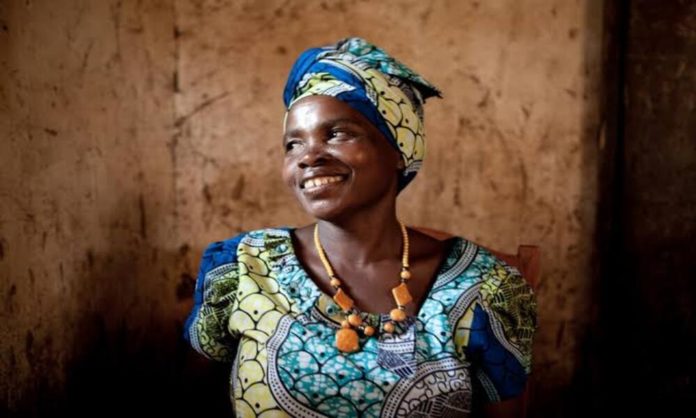A medical technology company launched the Global Women’s Health Index – a global survey in 2020 in collaboration with Gallup. The survey took data from countries which was scored based on women’s answers to questions in five different categories. Including general health, preventative care, mental health, safety and basic needs including food and shelter.
Women’s Health Challenges
The data concluded an average score of 53 out of 100 points for 2021 — a point lower than in 2020. The data shows a massive shift in the gender health gap further impacting women’s lives and access to care and treatments they receive.
According to the report, last year women were more stressed, worried, angry, and sad than they were in the past 10 years. Forty-three per cent of women reported feeling worried and 41 per cent said they felt stressed for a lot of the day before the survey.
About 37 per cent of women reported that they did not have sufficient funds to afford food which resulted in the inability to meet their basic needs.

This number was higher compared to 33 per cent of men. The gap addresses larger issues for families, as the report stated that “women are culturally the primary caregivers and typically eat last and least in countries facing conflict, famine and hunger.”
Read More: Here’s How A Fly Leaves Disease On Your Food Via Vomit
“We understand you can only impact and improve what you measure,” said Dr Susan Harvey, vice president of worldwide medical affairs at Hologic and former director of breast imaging at Johns Hopkins School of Medicine.
“Overall, the data is sobering. And we understand that we need women to be healthy to fully engage and be empowered. It’s clear that the time has come to work together and begin to find solutions and improve women’s health care.”
Countries With A Higher Point Index Score
The 10 countries that scored the highest on the 100-point index include,
Taiwan — 70, Latvia — 69, Austria — 67, Denmark — 67, Estonia — 66, Switzerland — 66, Germany — 66, Czech Republic — 65, Israel — 65, Norway — 65 points.
The United States scored better in Preventive care in 2021 than in 2020. It ranked second best in this dimension in the Global Women’s Health Index, after only Latvia.

“It was a small improvement, but we have to be joyful about that,” Harvey said. “Overall, though, the world is failing women in preventive care.”
“Overall, the data is sobering. And we understand that we need women to be healthy to fully engage and be empowered,” she said. “It’s clear that the time has come to work together and begin to find solutions and improve women’s health care.” She added.
Gender Equality & Healthcare
“Investing in women and girls’ health to reclaim and accelerate progress is extremely critical at this point,” says Sima Bahous, executive director of UN Women, said of that report.
Read More: Here’s How A Smartphone Is Reducing Your Brain Power
“The data show undeniable regressions in their lives made worse by the global crises – in incomes, safety, education, and health. The longer we take to reverse this trend, the more it will cost us all.”
“I hope that we come out stronger from the pandemic,” Stadler said. “The pandemic has brought the importance of preventive behaviours to more people’s attention. People learned a lot about the importance of joint action to protect each other.”
Stay tuned to Brandsynario for the latest news and updates.






































